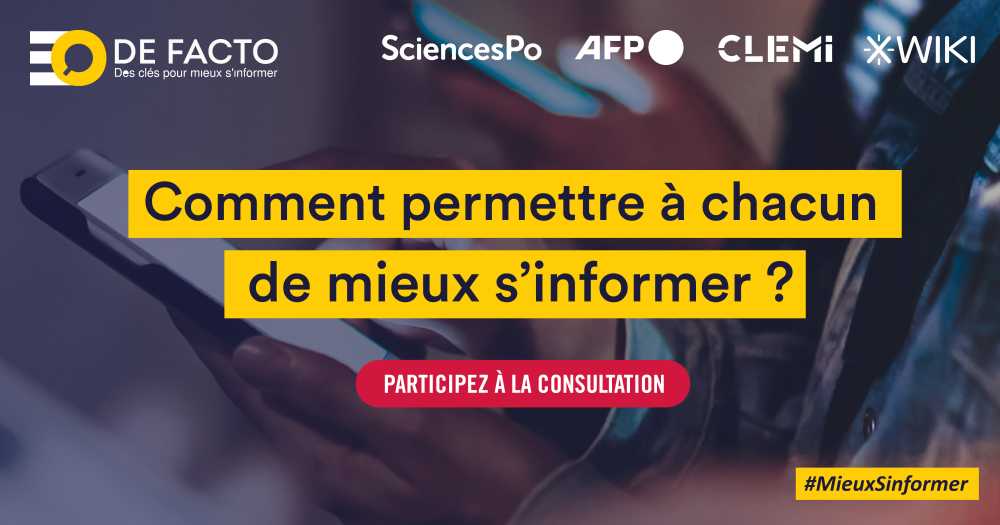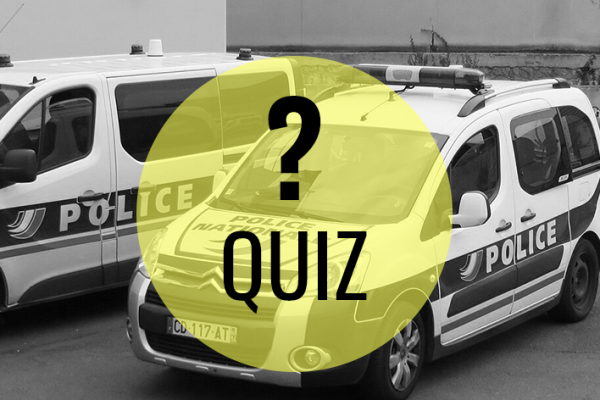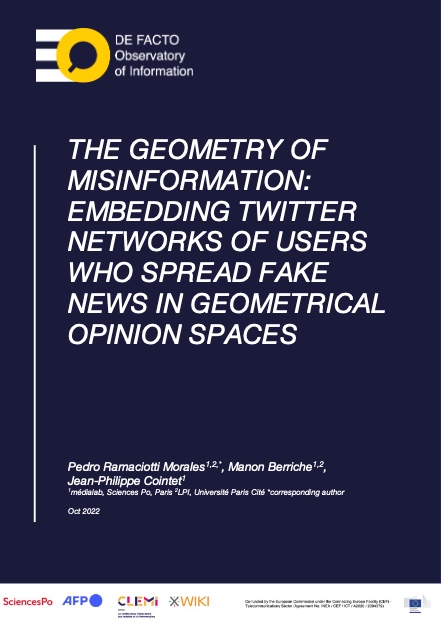Résultats de recherche pour : *
Affinez les résultats
Sélectionnez des éléments pour filtrer les résultats
- 626Politique
- 572Société
- 252Santé
- 191Economie
- 167Environnement
- 119Science
- 2Valeur vide
- 406France
- 128Covid-19
- 107Politique
- 98Présidentielle 2022
- 93Ukraine
- 72société
- 69Environnement
- 65Santé
- … 92 restants
Comment permettre à chacun de #MieuxSinformer ?
Lundi 27 juin, nous avons lancé une consultation citoyenne nationale de 3 mois autour de la question "Comment permettre à chacun de mieux s'informer ?" [+]
Quiz infractions
En partenariat avec Les Surligneurs, DE FACTO publie un quiz pour vous inviter à tester vos connaissances sur certaines infractions parfois oubliées. Cliquez sur ce lien. Aperçu des questions : Comment s'appelle le fait de sortir sans payer d'un restaurant après avoir consommé ? Qu'est-ce que le bizutage ? Qu'appelle-t-on le tapage injurieux ? Qu'est-ce que le proxénétisme hôtelier ? [+]
The geometry of misinformation: embedding Twitter networks of users who spread fake news in geometrical opinion spaces
To understand why internet users spread fake news online, many studies have focused on individual drivers, such as cognitive skills, media literacy, or demographics. Recent findings have also shown the role of complex socio-political dynamics, highlighting that political polarization and ideologies are closely linked to a propensity to participate in the dissemination of fake news. Most of the existing empirical studies have focused on the US example by exploiting the selfreported or solicited positioning of users on a dichotomous scale opposing liberals with conservatives. Yet, left-right ... [+]
Profil de Léa Deseille
To understand why internet users spread fake news online, many studies have focused on individual drivers, such as cognitive skills, media literacy, or demographics. Recent findings have also shown the role of complex socio-political dynamics, highlighting that political polarization and ideologies are closely linked to a propensity to participate in the dissemination of fake news. Most of the existing empirical studies have focused on the US example by exploiting the selfreported or solicited positioning of users on a dichotomous scale opposing liberals with conservatives. Yet, left-right ... [+]
Profil de Lucas Chevalier
To understand why internet users spread fake news online, many studies have focused on individual drivers, such as cognitive skills, media literacy, or demographics. Recent findings have also shown the role of complex socio-political dynamics, highlighting that political polarization and ideologies are closely linked to a propensity to participate in the dissemination of fake news. Most of the existing empirical studies have focused on the US example by exploiting the selfreported or solicited positioning of users on a dichotomous scale opposing liberals with conservatives. Yet, left-right ... [+]
Flux RSS pour la recherche sur le terme [*]



